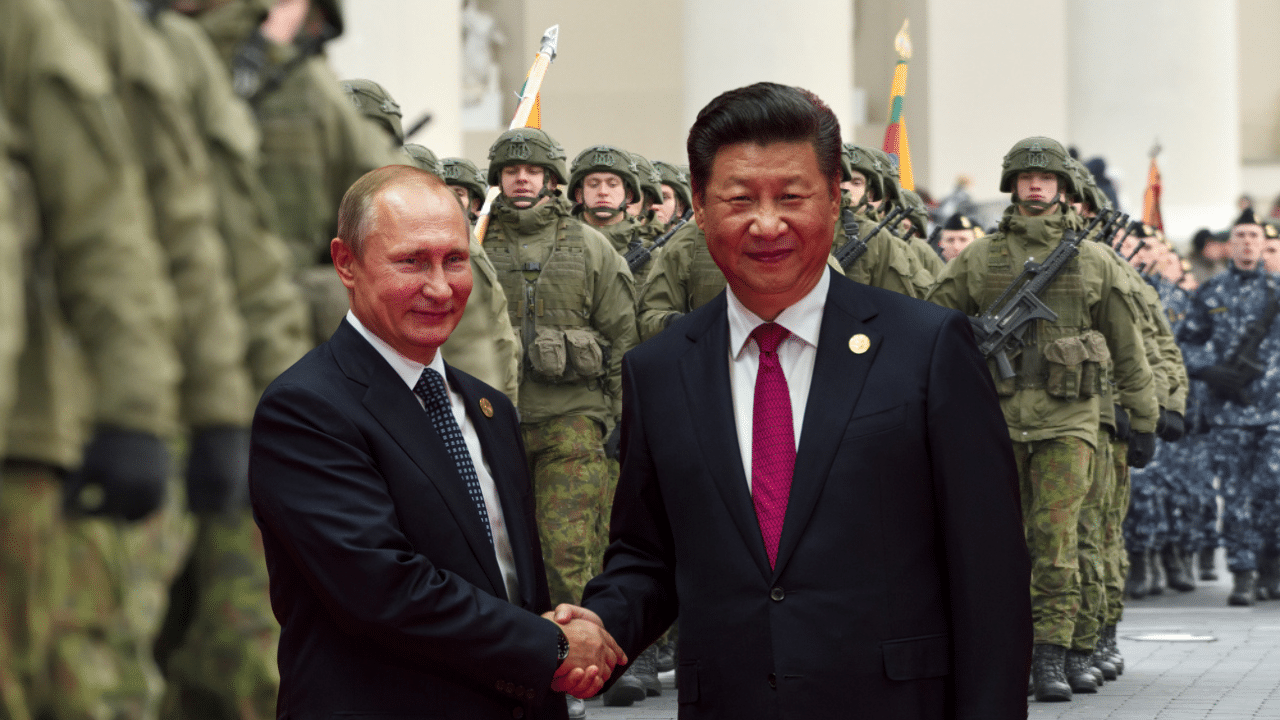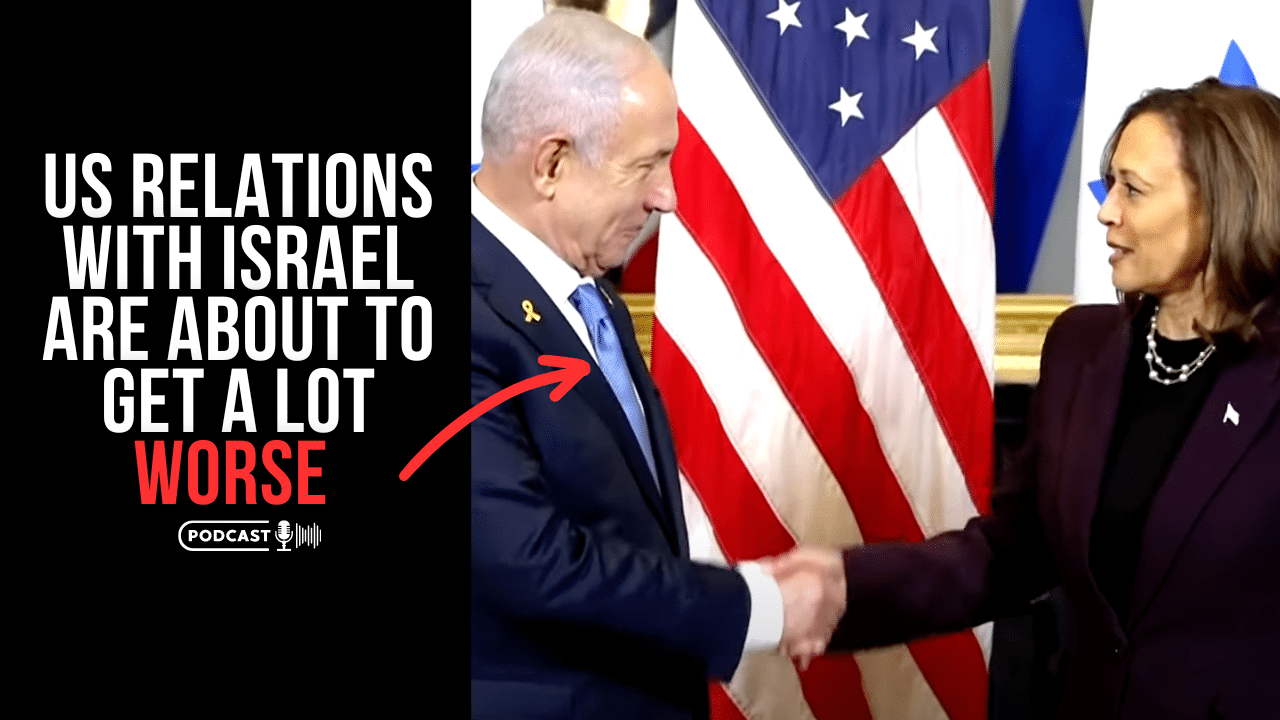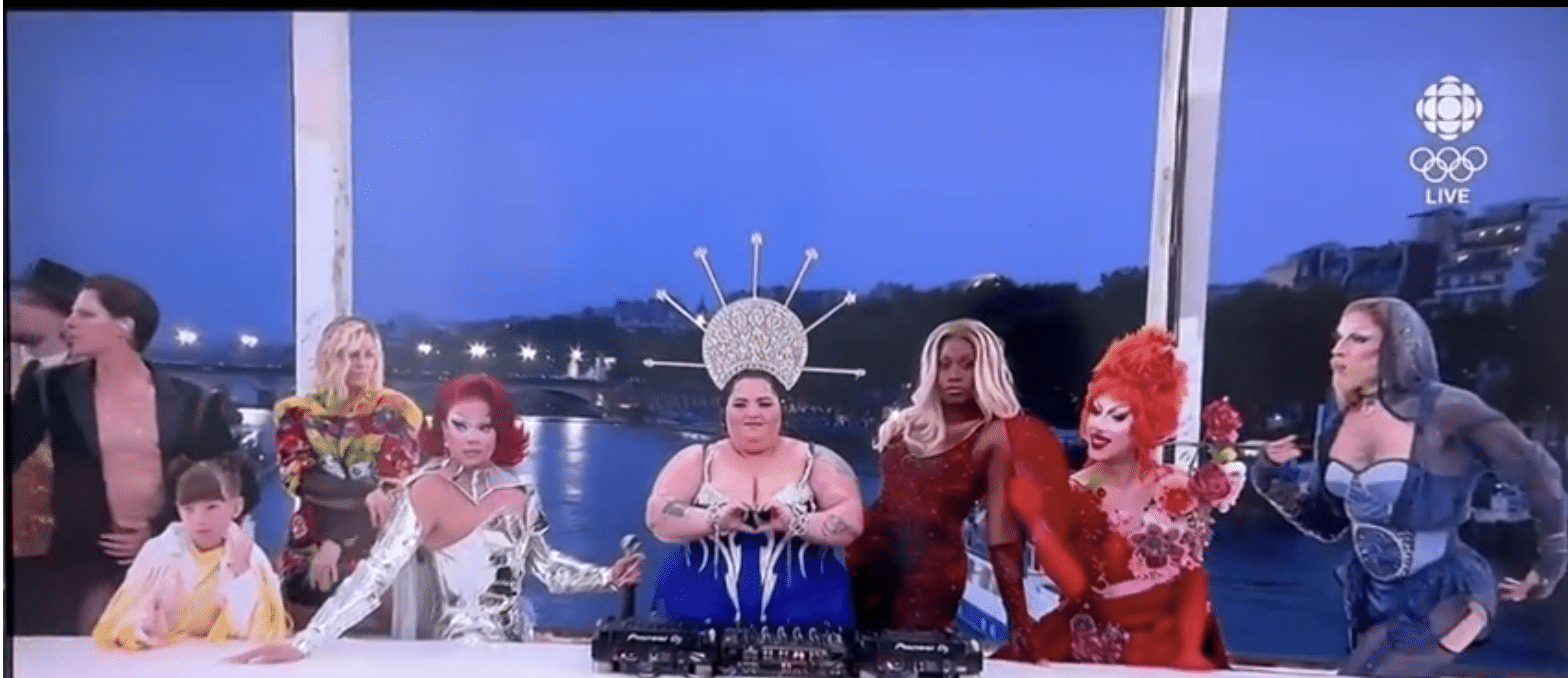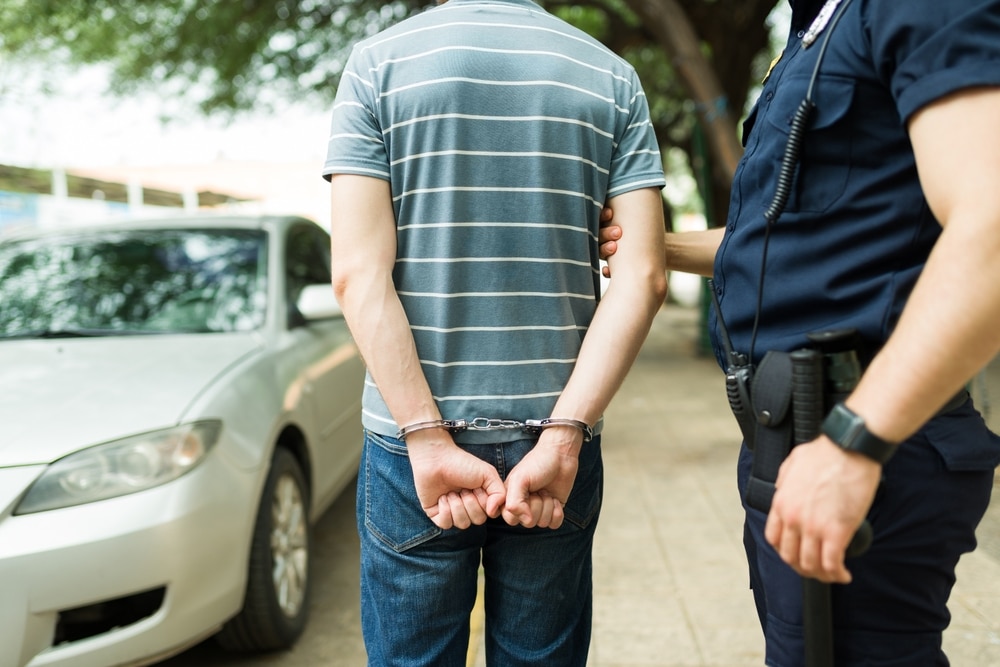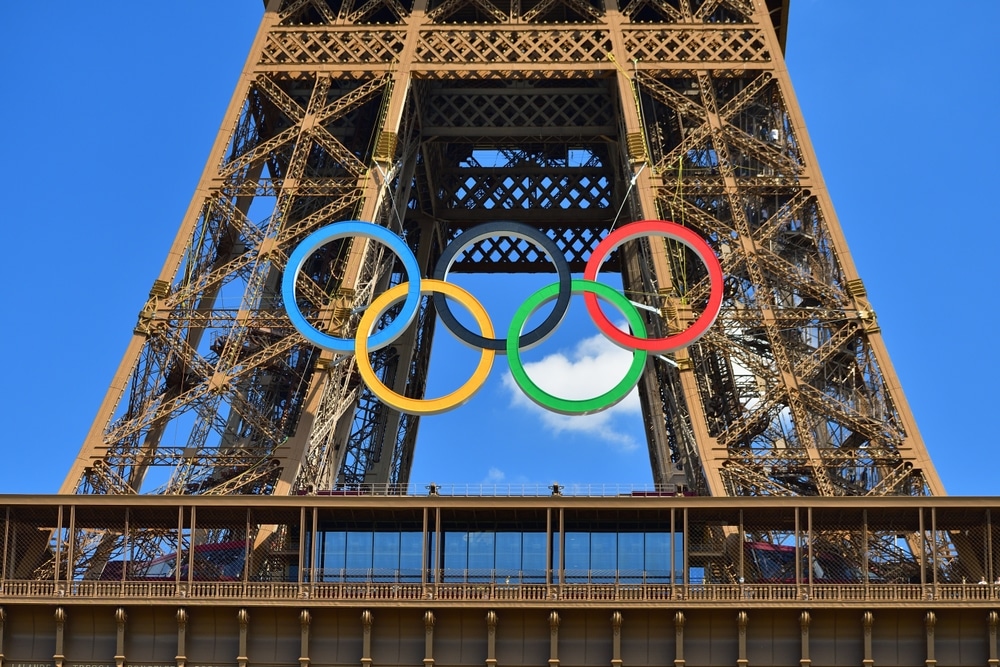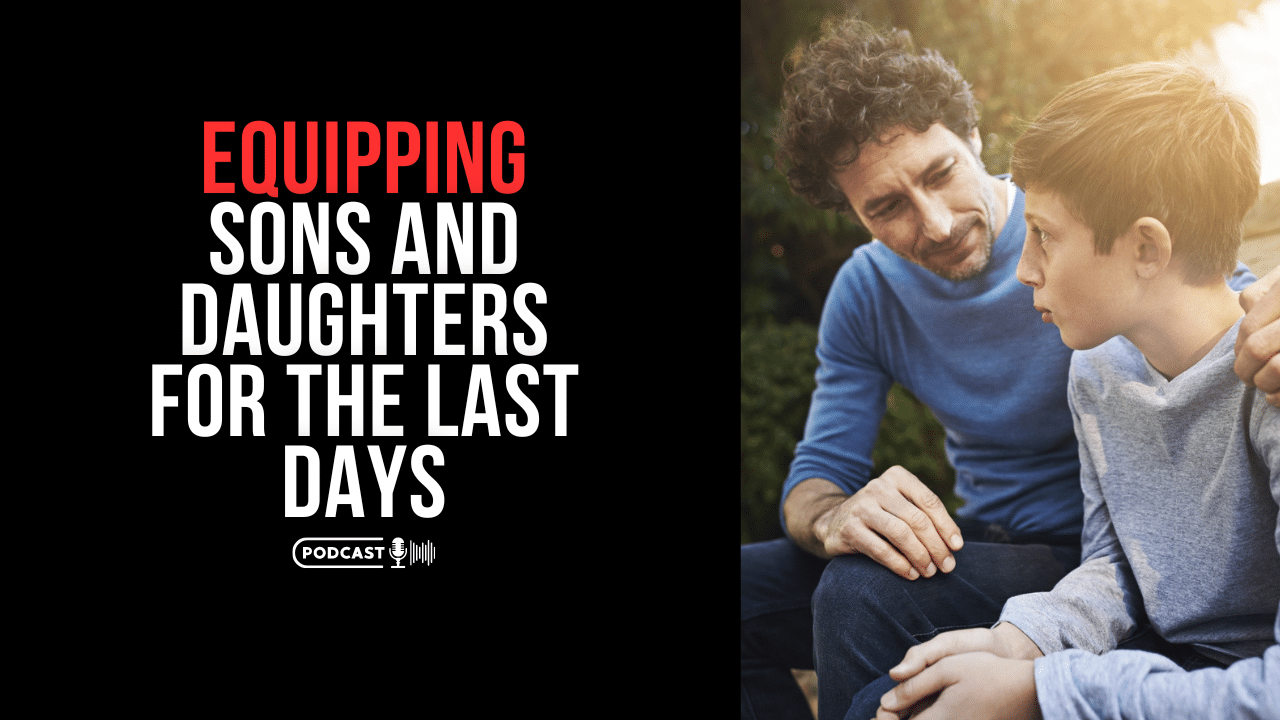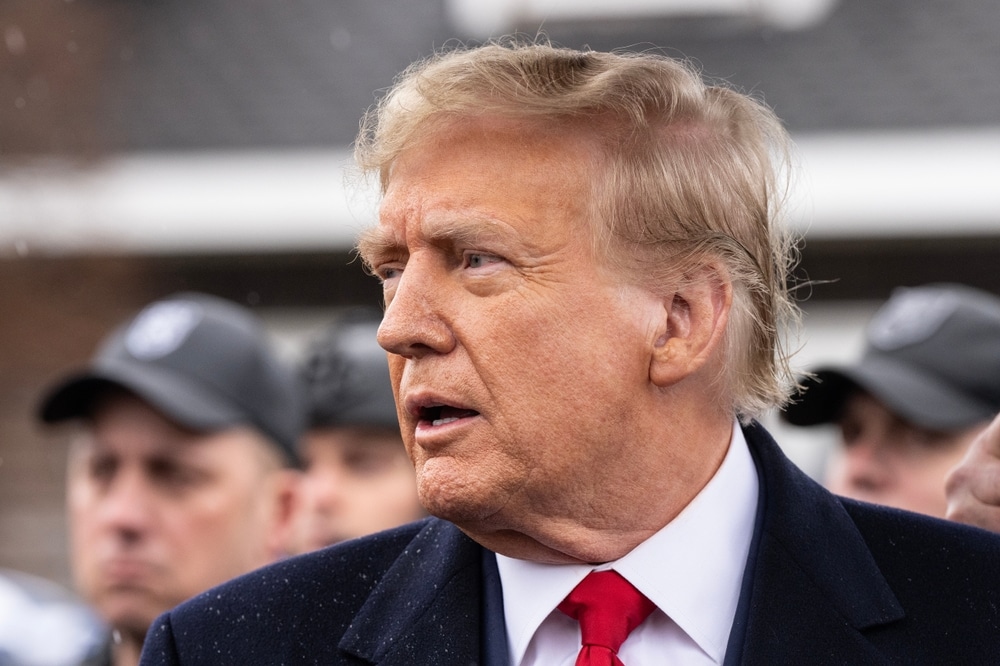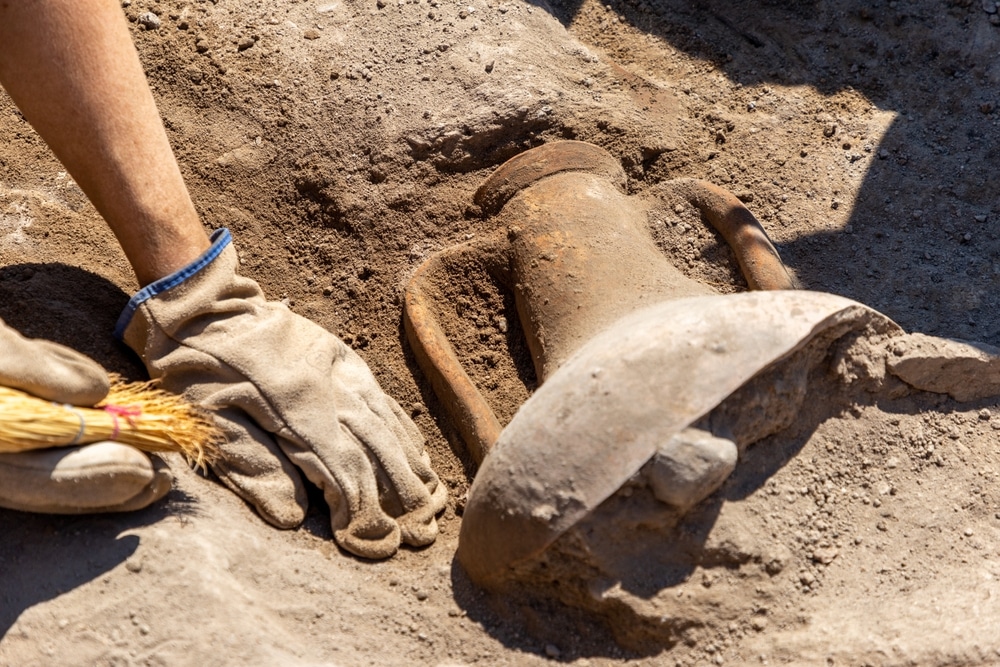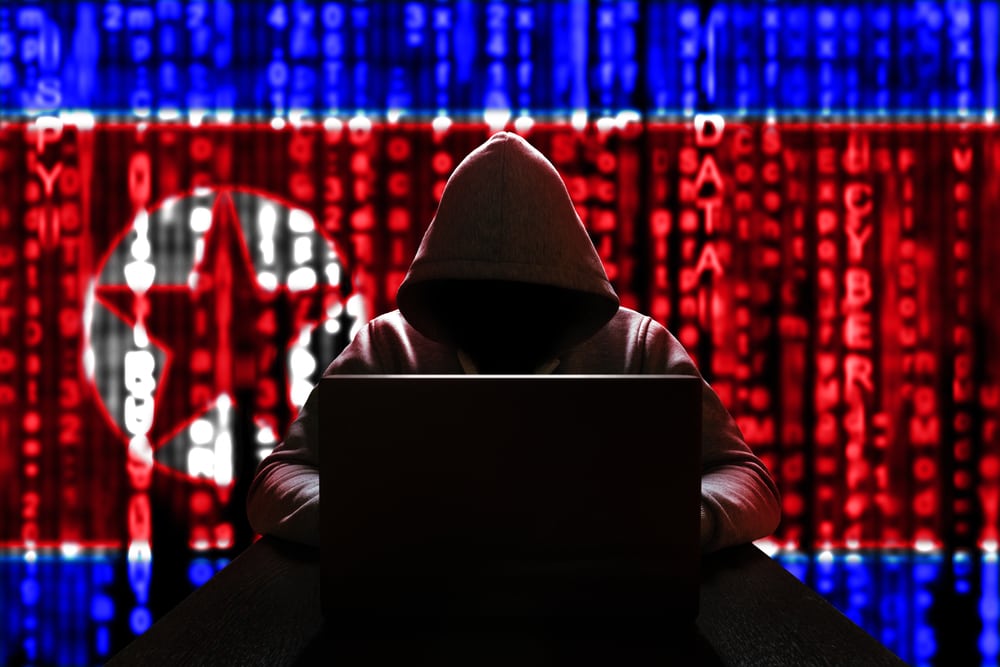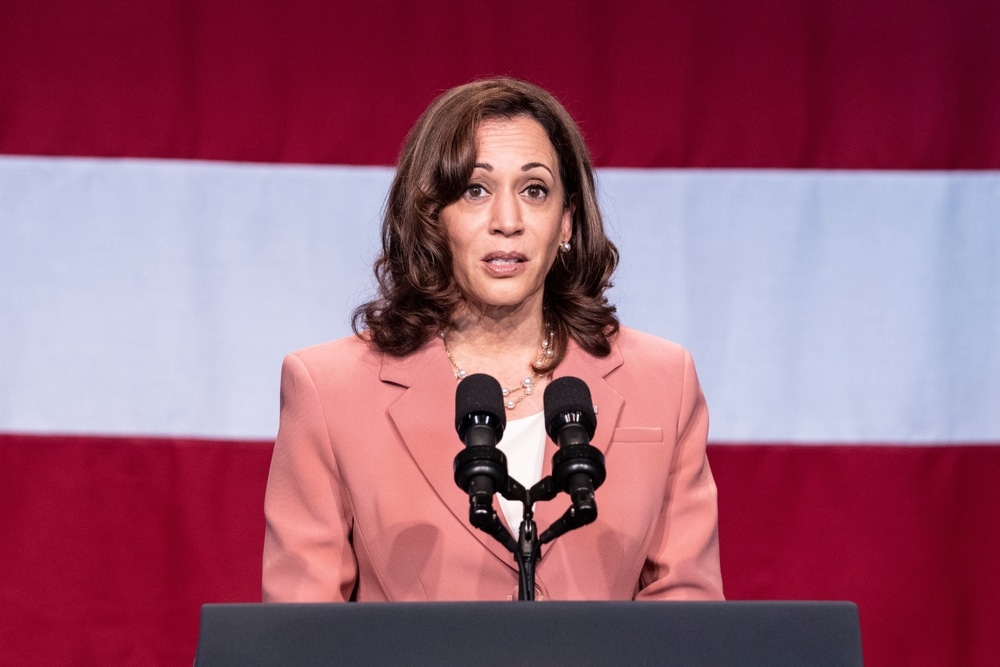Ukraine’s generals warned they have run out of reserves to halt Russia’s shock assault on Kharkiv. It comes as Vladimir Putin masses more than half a million troops on the frontline in a bid to overpower Ukraine’s forces.
Ukraine’s military has admitted it is struggling to contain the advance in the northeast of the country.
General Kyrylo Budanov, boss of Kyiv’s military intelligence, said: “I’ve used everything we have.
“Unfortunately, we don’t have anyone else in the reserves.”
Putin’s troops have seized miles of ground in their fastest advances in months.
The blitz said to be the first stage of Russia’s summer offensive, is designed to stretch Ukraine’s already outnumbered defenders.
Kyiv said the Russian push appeared to have run out of steam last night, but in the face of Putin’s 500,000-strong force, it warned that could change quickly.
Royal United Services Institute war expert Dr Jack Watling said Ukraine’s prospects were bleak unless it could muster more troops, as Russia had “significant numerical superiority.”
He said: “The Russian forces have now expanded to 510,000 troops.
“The outlook for Ukraine is bleak. Its allies must replenish stockpiles.”
Ukraine cannot blitz Russian forces massing just over the border because the US has forbidden it from using its weapons such as Himars rockets in enemy territory.
Former UK joint chief General Sir Richard Barrons said that had allowed the Russians to be able to “form up at leisure”.
He added: “Those are the only weapons that will break up Russian forces as they organize themselves for an offensive.”
But desperately needed weapons from the latest US aid package have begun arriving at the front line.
In Kyiv today, Ukraine President Volodymyr Zelensky met US Secretary of State Antony Blinken, who vowed to make Russia pay to rebuild his country.
He said: “It’s what international law demands.”
Russia’s invasion of Ukraine in February 2022 saw the horrors of a large-scale war darken Europe’s doorstep for the first time since the end of World War II.
For a short while, hope endured that a swift resolution to the conflict would materialize, but before long, the prospect of a speedy diplomatic solution lay in tatters as Moscow’s drones and missiles continued to batter Ukraine’s cities.
Now, more than two years into the conflict, Vladimir Putin has doubled down.
His forces have made noticeable gains on the frontlines in recent weeks as they pressure war-weary and ammo-starved Ukrainian defenders, and his decision to appoint civilian economist Andrei Belousov as defense minister suggests the Kremlin is committed to sustaining its war economy over the long run.
Meanwhile, the president’s long-serving and intensely loyal foreign minister Sergei Lavrov earlier this week challenged what Russia calls the ‘collective West’, declaring Moscow’s troops are ready to meet NATO on the battlefield.
In light of the downward spiral of East-West relations – not to mention the alarming escalation of tensions further afield in the Middle East and Indo-Pacific – the UK and its European partners could soon be forced to contend with any major military threats.
As a result, many countries are reversing decades of peacetime policy to reignite their war engines. Others never stopped and are only consolidating efforts to ensure they are fit for conflict.
But there is little doubt that all Europe is now scrambling to prepare in anticipation of what may lie over the horizon.
Here, MailOnline assesses what Britain and its continental allies are doing to ready their armed forces, economies and citizens for the prospect of war.
Meanwhile, Russian President Vladimir Putin’s Beijing visit on Thursday is likely to be light on hard deals but will mark the start of his new presidential term with a show of support from his most powerful political partner, Chinese counterpart Xi Jinping.
Putin’s two-day mission is expected to highlight the pair’s vaunted “no limits” partnership in defiance from pressure from the United States over Russia’s 2022 invasion of Ukraine.
The Chinese foreign ministry confirmed Putin’s trip on Tuesday, saying Xi and Putin would exchange views on ties and “international and regional issues of common concern”.
While diplomats and analysts expect Putin to push Xi for further support for Russia’s war economy, from machines and chemicals to help its military industries to more discounted oil and gas purchases, Putin’s trip is likely to be heavily symbolic of a shared worldview centered on countering a U.S.-led order.
“China is Russia’s strategic partner – this is the path chosen by the president of Russia and the leader of China – and nothing is going to change that no matter what the West tries to say or do,” a Russian official said on condition of anonymity.
In an interview with China’s news agency Xinhua published early on Wednesday, Putin backed China’s plan for a peaceful settlement of the Ukraine crisis, saying Beijing had a full understanding of what lay behind it.
“In Beijing, they truly understand its root causes and its global geopolitical meaning,” Putin said, according to a Russian language transcript published on a Kremlin website.
Putin will also discuss economic ties with China’s premier Li Qiang and visit Harbin, a northeast city with historic Russian connections.
Putin’s arrival follows a mission to Beijing late last month from U.S. Secretary of State Antony Blinken, in part to warn China’s top diplomat Wang Yi against deepening military support for Russia.
But despite the “no limits” relationship – declared by Putin and Xi in Beijing just days before the launch of the invasion in February 2022 – China has so far avoided providing actual weapons and ammunition for Russia’s war effort.
And despite initial internal U.S. talks about sanctioning Chinese banks, U.S. officials said last month they did not yet have such plans.

